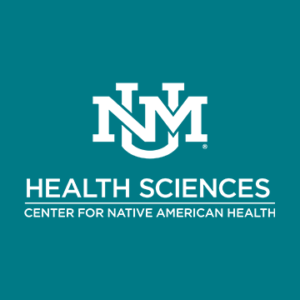NNPHI Tribal Programs
NNPHI’s mission is to support national public health system initiatives and strengthen public health institutes to promote multi-sector activities resulting in measurable improvements of public health structures, systems, and outcomes. To achieve better health and racial equity in the US, our public health system must develop strong and authentic partnerships with tribal and urban Indian public health partners. This engagement must respect tribal sovereignty and acknowledge the unique needs of the 574 federally recognized and over 200 tribes not yet recognized by the federal government. Public health institutes across the country support innovative public health systems improvement that results in healthier communities. NNPHI’s goal is to foster public health institute capacity that serves all tribes and urban Indian communities in the US. This commitment extends to building capacity for Indigenous-led and focused public health institutes, ensuring that resources flow to individual tribal and urban Indian organizations and that in-network public health programming respects tribal and data sovereignty.
Sincerely yours in health,
Vincent Lafronza, President and Chief Executive Officer
History of Tribal Public Health
View A UNIFIED APPROACH TO INDIAN HEALTH: The Case for Tribal Public Health Institutes
Indigenous Public Health Institutes
NNPHI is committed to supporting public health institute capacity to serve all tribal and urban American Indian and Alaskan Native communities across the US. In 2012, an Indigenous focused organization, Red Star International, expressed an interest in exploring how the public health institute model could serve the needs of tribal and urban American Indian and Alaskan Native communities. Working closely together with the Centers for Disease Control and Prevention, the Robert Wood Johnson Foundation and the W.K Kellogg Foundation, NNPHI and Red Star supported a multi-year feasibility study of the gaps and needs of the tribal public health system. From that assessment, the team created a framework for a tribal public health institute. Tribal public health leaders from across the country were engaged as advisors on the project and provided valuable insights from a broad range of tribal and urban Indian perspectives. NNPHI served as the incubator for Seven Directions, A Center for Indigenous Public Health, the first Indigenous-led and focused public health institute. Seven Directions is now housed at the University of Washington. Two additional Indigenous-focused institutes have joined since Seven Direction, the American Indian Public Health Resource Center at North Dakota State University and the Center for Native American Health at the University of New Mexico.
Seven Directions: A Center for Indigenous Public Health is the first national public health institute in the United States to focus solely on improving Indigenous health and wellness. We are committed to cultivating and sharing knowledge, connecting communities and resources, and working to achieve shared goals for future generations.
The UNM Center for Native American Health mission is to deliver public health education, research, and service, aligned with principles of Indigenous core values and engagement in order to provide a healthy productive world for Indigenous people.
NDSU American Indian Public Health Resource Center mission is to address American Indian public health disparities through technical assistance, policy development, self-determination feasibility analysis, education, research, and programming in partnership with tribes, in North Dakota, across the Northern Plains, and the nation.



 Subscribe To Our Communications
Subscribe To Our Communications